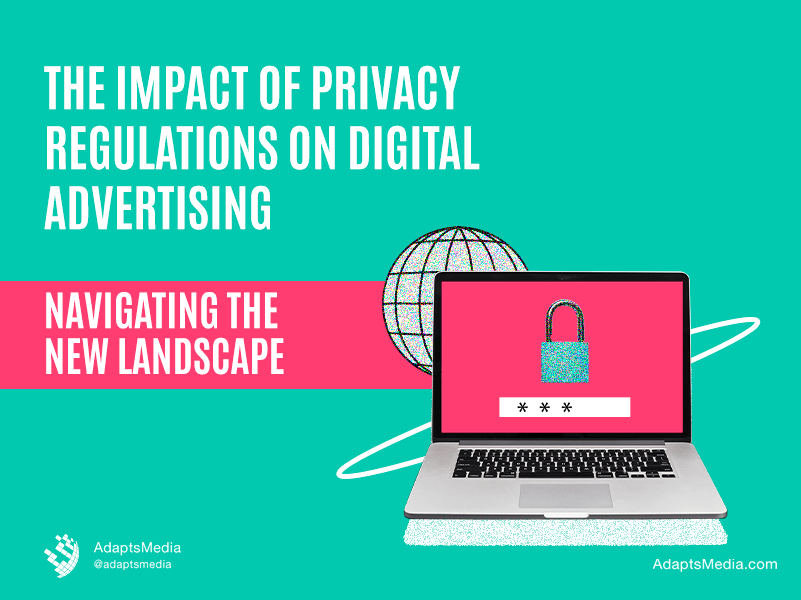With the increase in the number of people shifting from traditional offline channels to an online world, data theft and cybercrime have also risen. To fight this, governments at regular intervals come up with privacy regulations that every online platform has to follow, which indirectly affect digital marketing as well. Today, we are going to look at how this has impacted digital marketing and ways to conduct regulation-compliant marketing so that data protection in advertising is achieved.
Permission Requirement
You must have seen websites asking for permission to ‘accept all cookies’ from their visitors to let them know that their data will be collected. Due to the privacy regulations, now every user is free to deny these permissions if they want. This reduces a company’s reach to its potential customers when it comes to giving them personalized ad content.
More Transparency
Companies now have to be more transparent about their data collection practices. The customer should have access to this information so that they can study it and make informed decisions based on the sort of data being stored and how it is utilised.
Data Deletion
Now that every information about their data is at the customer’s disposal, they have the power to opt out of being in a company’s database and request deletion. The ‘unsubscribe button’ at the bottom of promotional emails from brands is one of the ways to do so, which directly affects customer acquisition.
How To Tackle This-
Send Out Emails
Whenever a company acquires a new customer, companies should send them an informed email about their data-usage policy, just like how they send out welcome email. This is a wise way to gain a customer’s trust in the beginning.
Increase Security
Show your customers how safe and guarded your data-storage system is. Implement encryption techniques to ensure that no data is accessed by an unauthorised entity.
Collaborate With Trusted Partners
Make sure you do business with partners who have a clean image and whose business practices align with data privacy and compliance requirements.
Only Collect What’s Necessary
Companies shouldn’t populate their database with irrelevant information about customers. The less information you have, the less you have to be answerable for it to the regulatory body.
Keep Updating Your Data Regulation Knowledge
Data regulation not only differs from country to country but also from state to state. Moreover, it may also change with the change in the ruling government. Hence, it is important for companies to keep themselves updated with any developments on the same and create privacy-first advertising strategies accordingly.
Don’t miss out on the opportunity to gain a competitive edge. Contact our team for expert assistance.

